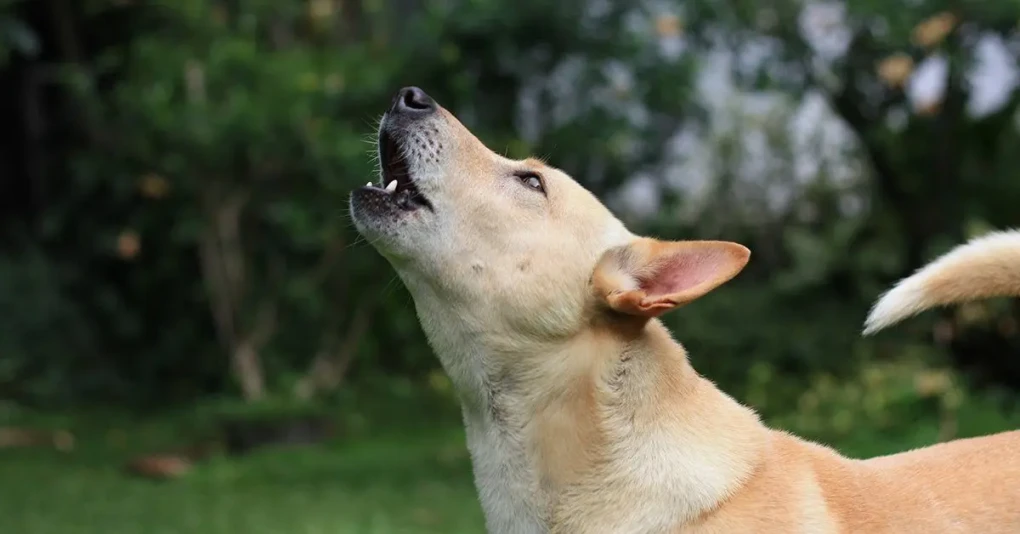Why Do Dogs Howl? Unlocking the Melodies

The haunting and soul-stirring sound of a dog's howl has captivated human fascination for centuries. But have you ever wondered why dogs howl? Beyond the enchanting melodies, howling serves a purpose deeply ingrained in the canine psyche. In this blog post, we will explore the intriguing reasons behind dogs' howling behavior, unraveling the instinctual, communicative, and emotional factors that drive them to unleash their unique vocalizations. Let's embark on a journey to understand the significance of howling and its connection to our furry friends' ancestral roots.
- Instinctual Behavior:
- Echoes of their wild ancestors' communication methods.
- Howling as a means to locate pack members or signal their presence.
- Instinctive response to certain sounds or stimuli.
- Communicative Expressions:
- Conveying territorial boundaries or defending their space.
- Establishing social bonds and coordinating activities within a group.
- Seeking attention, expressing loneliness, or summoning others.
- Emotional Release:
- Howling as an outlet for pent-up emotions, such as anxiety, excitement, or frustration.
- Emotional responses to sirens, musical instruments, or other harmonious sounds.
The Significance of Howling:
- Connecting to Ancestral Roots:
- Howling maintains a connection to dogs' wolf ancestors and their social structure.
- Reflecting the instinctual behaviors deeply embedded in their genetic makeup.
- Vocal Communication:
- Dogs utilize howling to communicate messages over long distances.
- Conveying specific meanings or intentions to other dogs or even humans.
- Bonding and Pack Cohesion:
- Howling as a unifying force, strengthening social bonds within a pack or human-dog family.
- Promoting a sense of togetherness and cooperation.
Understanding and Responding to Howling:
- Recognizing Triggers and Context:
- Observe the situations or stimuli that prompt your dog to howl.
- Identify any patterns or specific triggers to better understand their motivations.
- Providing Comfort and Attention:
- Responding to your dog's howling with reassurance and companionship.
- Ensuring their physical and emotional needs are met.
- Seeking Professional Guidance:
- If your dog's howling becomes excessive, disruptive, or distressing, consult a veterinarian or professional dog trainer for guidance.
Dogs' howling behavior is a testament to their rich history and complex communication systems. By understanding the instinctual, communicative, and emotional aspects behind howling, we can deepen our bond with our furry companions. Remember, howling serves as a means for dogs to express themselves, convey messages, and maintain social connections. Embrace the melodies of their howls and appreciate the unique form of communication that has resonated through generations.